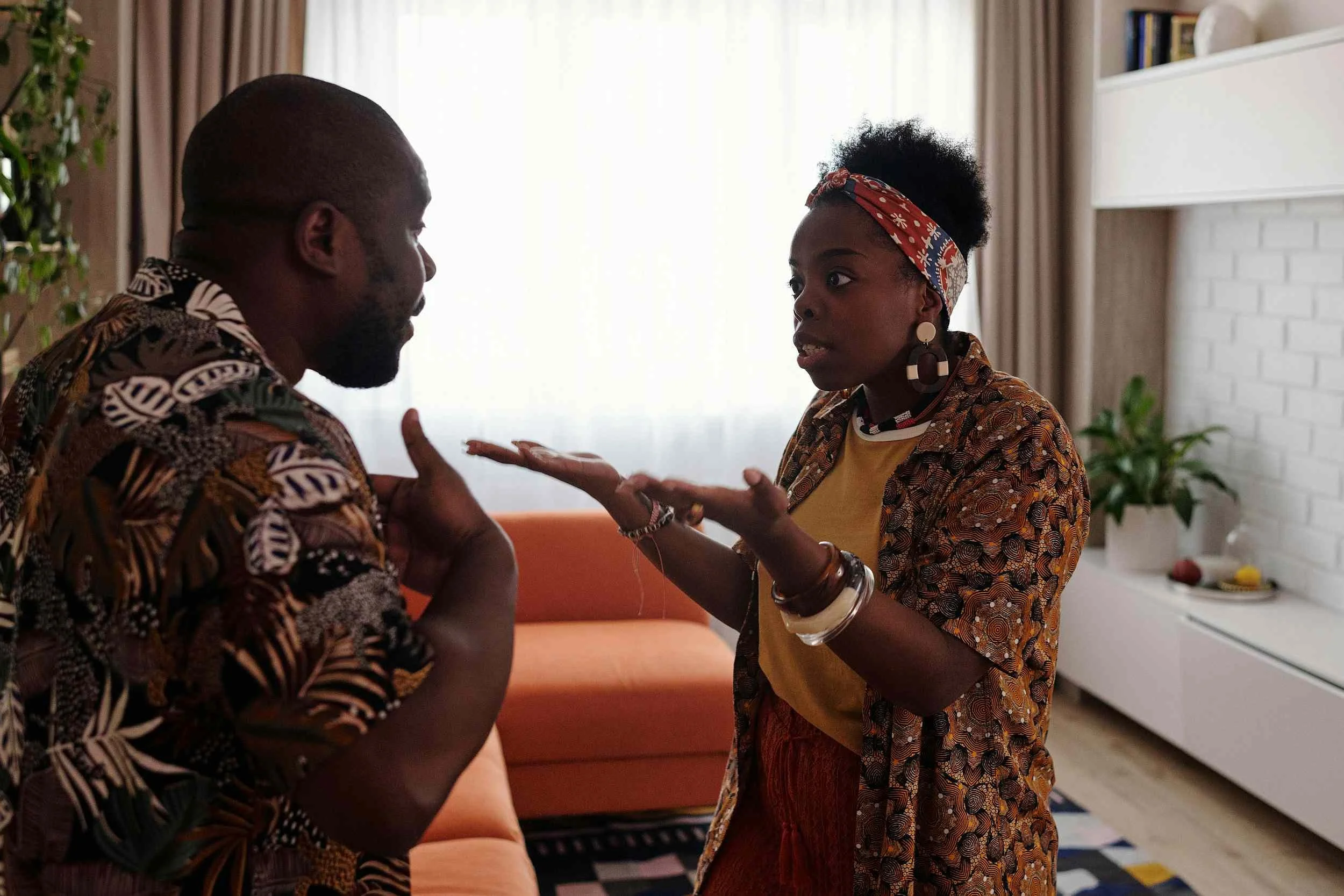Responsibility, Boundaries, and Enmeshment in Adult Relationships
Couples coming to Relate Avon present with a wide range of challenging circumstances and ways of relating to each other. A pattern that commonly emerges in the counselling process includes one person taking responsibility for the emotional and/or physical wellbeing of their partner, friend, or family member. This blog explores how people can responsibly manage relationships with significant others and the risks of crossing boundaries that may lead to enmeshment.
Taking Responsibility
When we care about someone, it is common to find ourselves thinking more about their needs than our own. Acting on this and putting the other person first may come from a religious belief underpinned by principles of compassion and selfless service, such as in the teachings of Christianity and Islam among other faiths. It can also be a value embedded from our families of origin with ‘scripts’ which we assume later in life such as ‘it’s not good to be selfish’ ‘let someone else go first’ ‘wait to be asked’.
Taking responsibility for others can be appreciated by loved ones and make us feel good about ourselves, but it can also create dependency. The adult being supported may increasingly struggle to make decisions or seek additional help, such as from medical or specialist support services.
The Cambridge Dictionary definition of responsibility is: ‘something that is your job or duty to deal with’ but how often do we feel a sense of responsibility when it is not actually our job or duty. If you are in that situation, it might be worth asking where that felt sense of responsibility comes from, who else might need to be involved to help or support, and what support or help is needed? Guilt and shame can lead to unhelpful rescuing, offering help that is unwanted or unnecessary.
The other important part of responsibility is to consider our ‘response-ability.’ A phrase you might be familiar with is ‘not being able to pour from an empty cup’. Are you physically and emotionally able to support another person, feeling sufficiently grounded and supported yourself?
Relationship Boundaries
This is when the idea of relationship boundaries can be helpful. Personal boundaries are the limits and rules we set for ourselves within relationships and where we need to consider what is acceptable, what is non-negotiable and what is flexible for us as individuals and in our interactions with others. They might include such things as:
Time alone versus time together
Time with wider family and friends – how much, or how little each partner or family member wants
Physical contact – how much or how little is wanted and in what way
Sharing emotions/deeper feelings versus personal privacy and emotional space
Information sharing – for example where you are going, who with and/or what you are doing
Sharing financial information
Respecting each other’s right to have/hold different views
Being able to say no
Sexual consent and the nature and frequency of physical/sexual contact
Property ownership – who feels they have a right to what in a joint household.
The list is not exhaustive but gives an idea of the things we might need to be clear on and discuss with our partners and/or friends and family members. Take the simple idea of a phone charger in a family household (my personal bugbear!) - who does it belong to? Is it acceptable to share? Or one of the non-negotiables? Might you change your mind in discussion with others and be flexible on this (or not!).
The link between responsibility and boundaries might be worth emphasizing. One belief might be around ‘I take responsibility for my own health and expect you to do the same’. Support may be needed and welcomed at times, but what responsibilities should each person have in this situation? For example, to make an appointment with the GP when symptoms warrant this. Constantly crossing relationship boundaries can cause something we call ‘enmeshment’.
Enmeshment in Relationships
The following definition of enmeshment is from the American dictionary of psychology:
‘a condition in which two or more people, typically family members, are involved in each other’s activities and personal relationships to an excessive degree, thus limiting or precluding healthy interaction and compromising individual autonomy and identity’.
An uncomplicated way of looking at this is to ask yourself – ‘are we too involved in each other’s lives’? Here are some other pointers to think about this:
Do you socialise with other people apart from this person?
Are you feeling anxious when you are not with them?
Do you often worry they will leave you or that the relationship will end?
Are you able to resist texting/phoning when you are apart?
Are you able to hold a point of view which is different from this person?
Do you feel the decisions you make are always joint or can you make decisions independently?
What do you do just for yourself without feeling a need to check or agree with them?
Have you got a true sense of self, independent of others?
When your partner/family member/friend is feeling sad or depressed do you feel dragged down with them?
Do you feel you are in a pattern of ‘rescuing’ more often than is helpful?
To Sum Up….
Whilst it can be useful to think about how much we involve ourselves in another’s life, it is important to acknowledge the cultural and gender differences that exist in society and the caring role played out in our families of origin. Alongside honouring these differences, this blog promotes self-reflection and asking questions before offering help. In this way we can establish if taking responsibility is appropriate, respecting the boundaries and needs of all within the relationship.
Working with a counsellor can help explore these issues and support the establishment of healthy relationship patterns.
If you’d like to explore this topic further, get in touch with us today!


